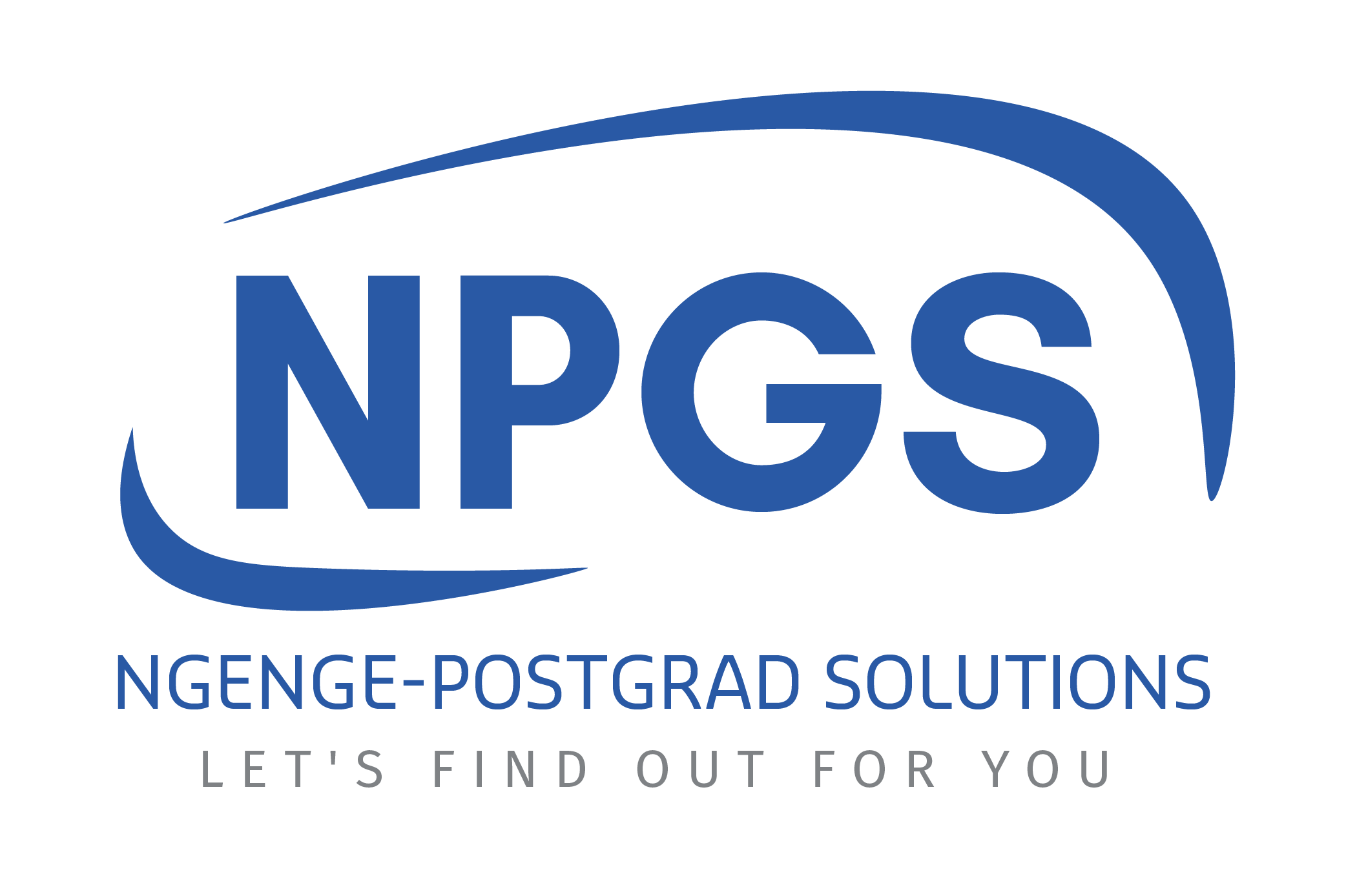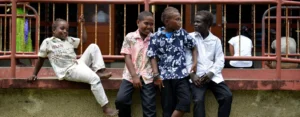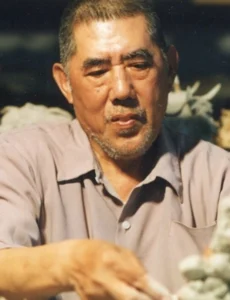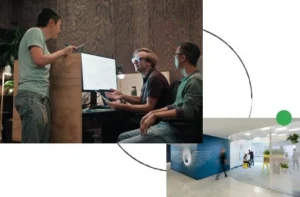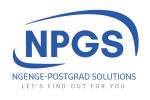Program Overview
This program is designed to provide students from Africa and Latin America with an in-depth academic training as well as an opportunity to experience Korean culture in order to nurture future leaders who will contribute to the development of global society.
Period
July ~ August (5 weeks)
Number of participants
80 undergraduate students in total (40 from Africa, 40 from Latin America)
Application Procedures
NIIED nominates universities for program management —> The designated universities recommend selected candidates to NIIED and NIIED selects the scholarship recipients
(* The program applicants must apply directly to the designated universities)
(* The program applicants must apply directly to the designated universities)
Eligibility
a. Be a citizen of African or Latin American countries
b. Be enrolled in the second to fourth year as an undergraduate student in the university/college in Africa and Latin America
c. Be fluent in English
* Priority will be given to the applicants with Korean fluency.
d. Be mentally and physically healthy
e. Have the ability and willingness to adapt to Korean culture and life in Korea
b. Be enrolled in the second to fourth year as an undergraduate student in the university/college in Africa and Latin America
c. Be fluent in English
* Priority will be given to the applicants with Korean fluency.
d. Be mentally and physically healthy
e. Have the ability and willingness to adapt to Korean culture and life in Korea
Selection Criteria
The scholarship recipients will be selected based on grades (GPA), proficiency in English or Korean, personal statement, recommendation letters, and etc.
Benefits
a. NIIED and/or the training institutions will be responsible for round trip air ticket, room and board during the duration of the program, and traveler’s insurance.
b. Participants will be responsible for transportation fare in his/her country, visa fee, etc.
b. Participants will be responsible for transportation fare in his/her country, visa fee, etc.
Program
| Activities | Contents |
|---|---|
| Orientation | Introduction to the overall program Networking with participants |
| Lectures | Specific field of study Korean language, history and culture |
| Research Projects (Lab, Seminar, etc.) |
Conduct specific research projects along with mentoring from Korean graduate students |
| Field Trip | Related laboratories, research institutes and/or industrial sites Cultural or historical sites |
| Closing | Presentation of research results Awards to the outstanding performances Formation of Alumni network |
* Specific programs will vary according to the training institution
